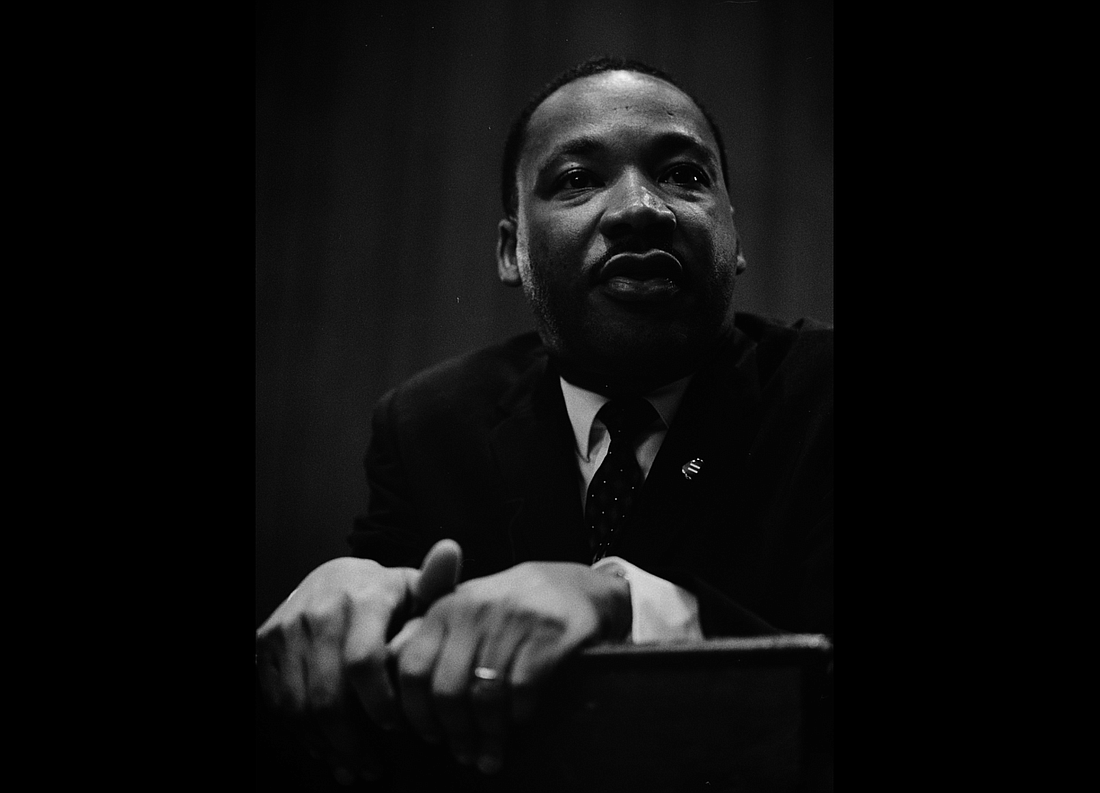- January 8, 2025
-
-
Loading

Loading

I listened to clips from Martin Luther King's “I Have a Dream” speech with African-American Cultural Society President Joseph Matthews for the Jan. 15 edition of “Free for All Friday,” on WNZF. Here are three things I learned.
First, despite many social advances, one statistic provides alarming evidence that there is a great deal more progress needed to give future generations greater opportunity: "In 1968, unmarried women were the main breadwinners for 20% of [black] households," University of Florida professor Sharon Austin reported. "In recent years, the percentage has risen as high as 72%."
King said, in his immortal speech in 1963, that the freedom of whites is "inextricably bound" to the freedom of blacks. I believe that the same can be said about the health of our communities: If black families are in poverty, we are an impoverished community.
Matthews issued a forceful distress signal during the Jan. 15 show, saying that he simply wants black skin to no longer be a seen as "inferior." To think that something like that still has to be said in 2021 tells me that we have a lot of room to improve.
The second lesson I learned from King’s speech is the power of righteousness. He knew he was on the right side of history, and he preached kindness along with change. Violence and vitriol only distract from righteous messages. So if we ever think we have to be angry to get what we want, I hope we can think again and follow King’s example.
Third, I learned that a true leader doesn’t only point out problems; a true leader also provides a vision for the future. King’s vision was told in the form of a dream: "I have a dream that one day [...] little black boys and black girls will be able to join hands with little white boys and white girls as sisters and brothers."
The dream principle is essential for leadership of any kind — in local government, in business, in parenting. We need something to believe in. Such an approach helps us answer this question: Why is it worth making sacrifices to accomplish this task?
Finally, there is one thing we can all do when someone claims to be a victim of racial injustice: Believe him. Try to understand.